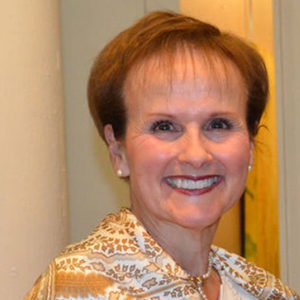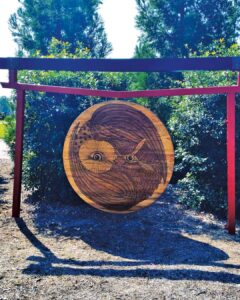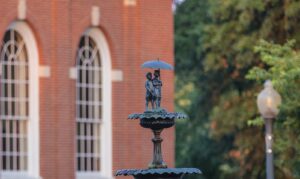SRS ties that shaped our community
Walt Joseph boarded a shuttle bus from his hotel for his first visit to the Savannah River Site in 1954. On that day his young wife, Paula Nissley Joseph, took the family car to downtown Aiken. The gas explosion on Laurens Street had happened the year before and the rubble was still evident. The Chamber of Commerce was in a log cabin and much of the surrounding area was farmland.
Sixty-five years later, the Josephs still laugh as they recall the early days of building a life together in Aiken. They originally met on a blind date in 1951 when Walt was working on his master’s degree at Penn State. The attraction was instant, but only a few weeks later, the couple was separated when Uncle Sam sent Walt Joseph to Alabama in preparation for the Korean Conflict.
Fortunately, Walt’s deployment was delayed because he lacked Basic Officer Training. He was sent from Alabama to Maryland for the necessary six-week course. This training was close enough to Paula that Walt was able to spend the next 6 weekends visiting her. Before he left Pennsylvania again, Paula had an engagement ring on her finger and they married a month after he returned to the United States in 1953.
Money was tight for the young couple as Paula taught Kindergarten while Walt resumed work on his master’s degree. His thesis advisor, a former Manhattan Project scientist, told him Dupont was building a new plant in South Carolina. He said it might be a good fit, but not to plan on making a career of it. According to his advisor, it would only be open for a couple of years but the work would look good on his resume.
During his first week, Walt was assigned to work in the Savannah River Laboratory, the predecessor to today’s Savannah River National Laboratory. He visited the Dupont Housing Office and said, “My wife and I are in a hotel and we would like to rent a house.” There was one rental property left in Aiken and the Josephs moved into Crossland Park, a middle-class community created by site workers.
Initially, Walt applied his knowledge of heat transfer and hydraulics to increasing productivity in the reactors. Paula taught kindergarten at Byrd Elementary until she gave birth to their two children, Joe and Cathy.
As Walt’s career flourished, Paula returned to teaching once their children were older. She said, “I had no time for anything but to teach and to take care of the kids. When Walt became a reactor Department Manager it was like being married to a doctor. He took phone calls all through the night.”
Over the years, Walt’s talents led him to a variety of positions of increasing importance around the site. When asked what his favorite job was, Walt laughingly said “I was the Department Manager of Traffic and Transportation. Boy was that fun! We busted down beaver dams and sometimes the guys even let me drive the train!”
Walt and Paula retired in the early 1990s and began to spend more time on some of their favorite hobbies. They are avid readers and have taken ballroom dance lessons for over 40 years. Both are fond of history and archeology. As a family, they went on archeological digs when their children were young. Today, their son Joe is an archeologist.
Since 2003, their passion has been to create the Savannah River Site Museum. Walt attended a presentation about proposed plans for the historic preservation of the Savannah River Site. He was dismayed to learn that the buildings to be taken down would be photographed and packaged with drawings without any regard for preserving what was in the buildings. He knew there had to be a better way.
The Josephs and other friends worked tirelessly to form the Heritage Foundation, a 501(c)3 nonprofit, to create the Savannah River Site Museum. When asked why they did it, Walt said, “We realized if we didn’t do it, who would tell the stories of those who worked there? We wanted to preserve the artifacts and recollections of the people who won the Cold War.” The first public tour was in 2015.
As this couple reflects on their lives in Aiken, they feel very blessed. Paula is frequently approached by grown men and women who remember her as their favorite teacher from many years ago. Walt is proud of his military service and of being the senior officer of the Aiken Army Reserve Unit when it opened.
Together, they take great pride in the sacrifices they made as a family to support Walt’s career at the Savannah River Site. Walt says, “I firmly believe our work at the Savannah River Site averted any possibility of World War III.”
It is often said Aiken grew because of others who came to our community for a wide variety of reasons. Without a doubt, Aiken has been enhanced by the pioneers of the Savannah River Site like Walt and Paula Joseph.
























